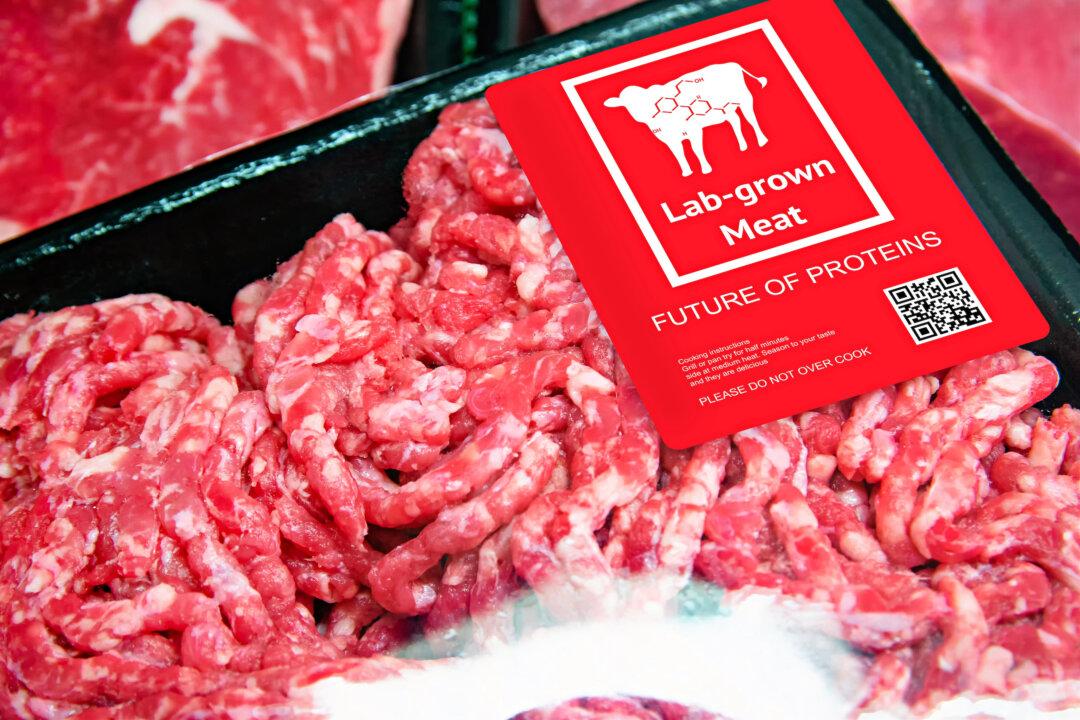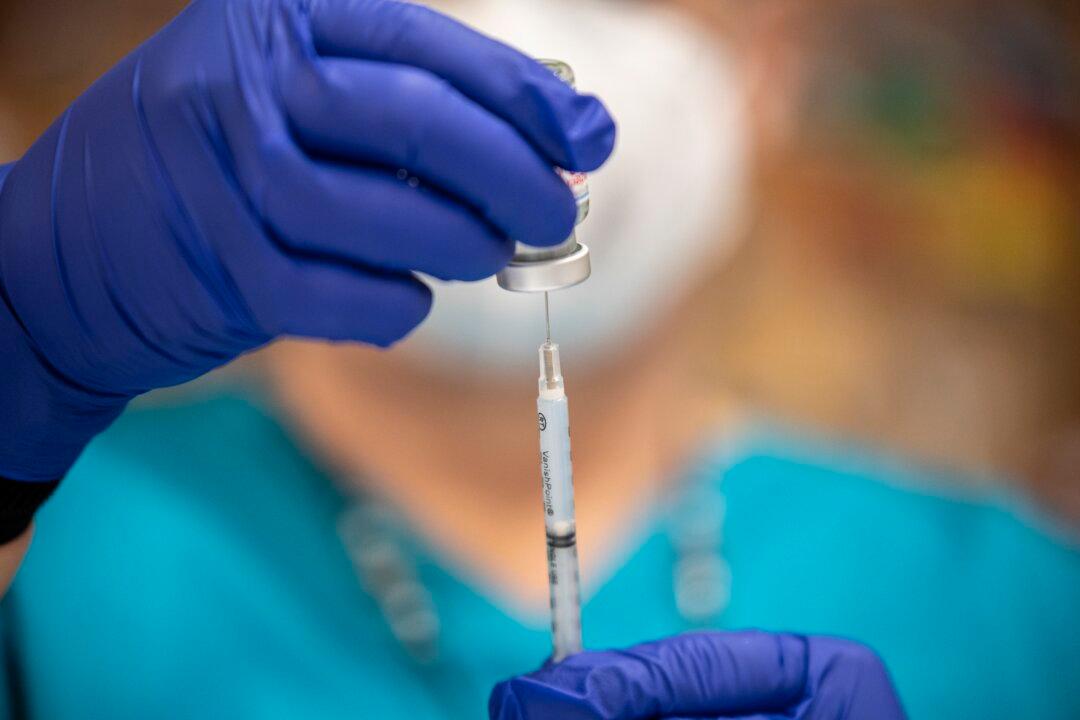A Department of Defense (DOD) initiative would involve feeding U.S. troops lab-grown meat as part of its campaign to stem “global climate change,” according to a watchdog group that has recently drawn attention to the initiative.
BioMADE, a lab-grown meat manufacturer which is sponsored and funded by the U.S. Department of Defense, touted its record of innovation in announcing a federal funds budget ceiling increase to $500 million to assist in implementing the plan, according to a March 7 release.





